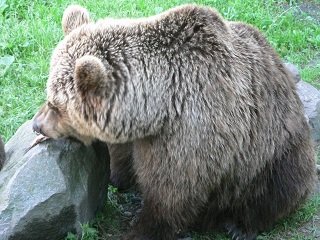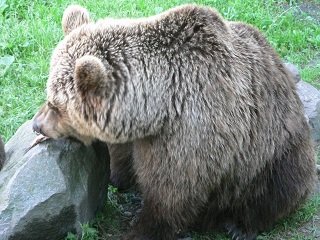 Stalking bears is one of the hardest and most rewarding activities a hunter can ever be a part of. If someone is successful, it means they not only beat a bear’s senses, but it also means they evaded any potential danger. If you are interested in stalking bear, here are some tips that can…
Stalking bears is one of the hardest and most rewarding activities a hunter can ever be a part of. If someone is successful, it means they not only beat a bear’s senses, but it also means they evaded any potential danger. If you are interested in stalking bear, here are some tips that can…








